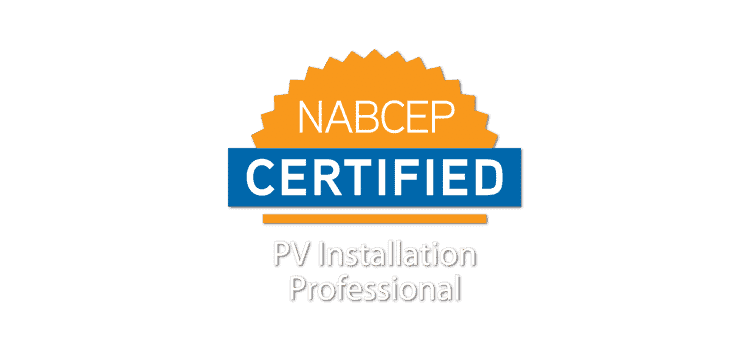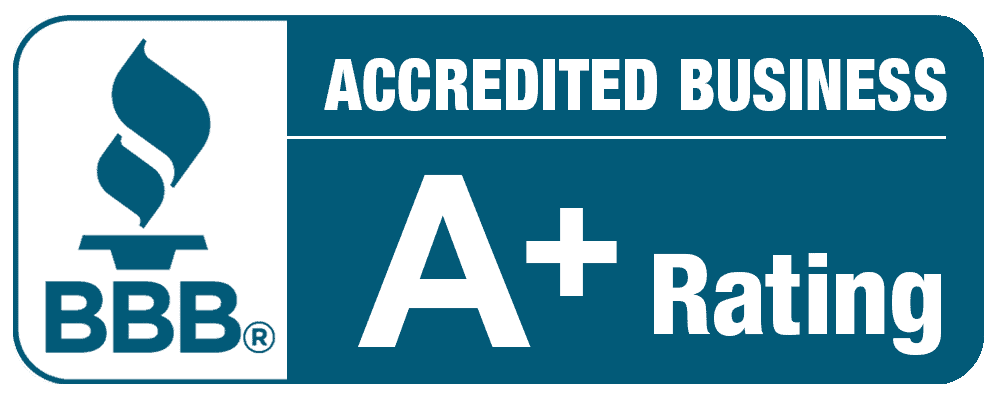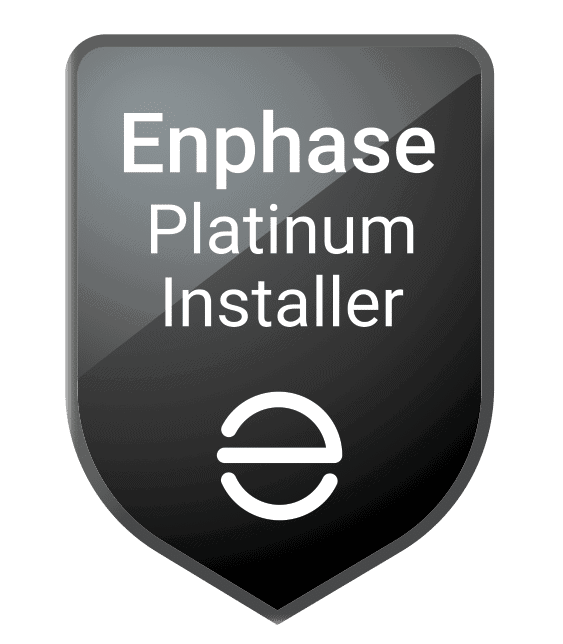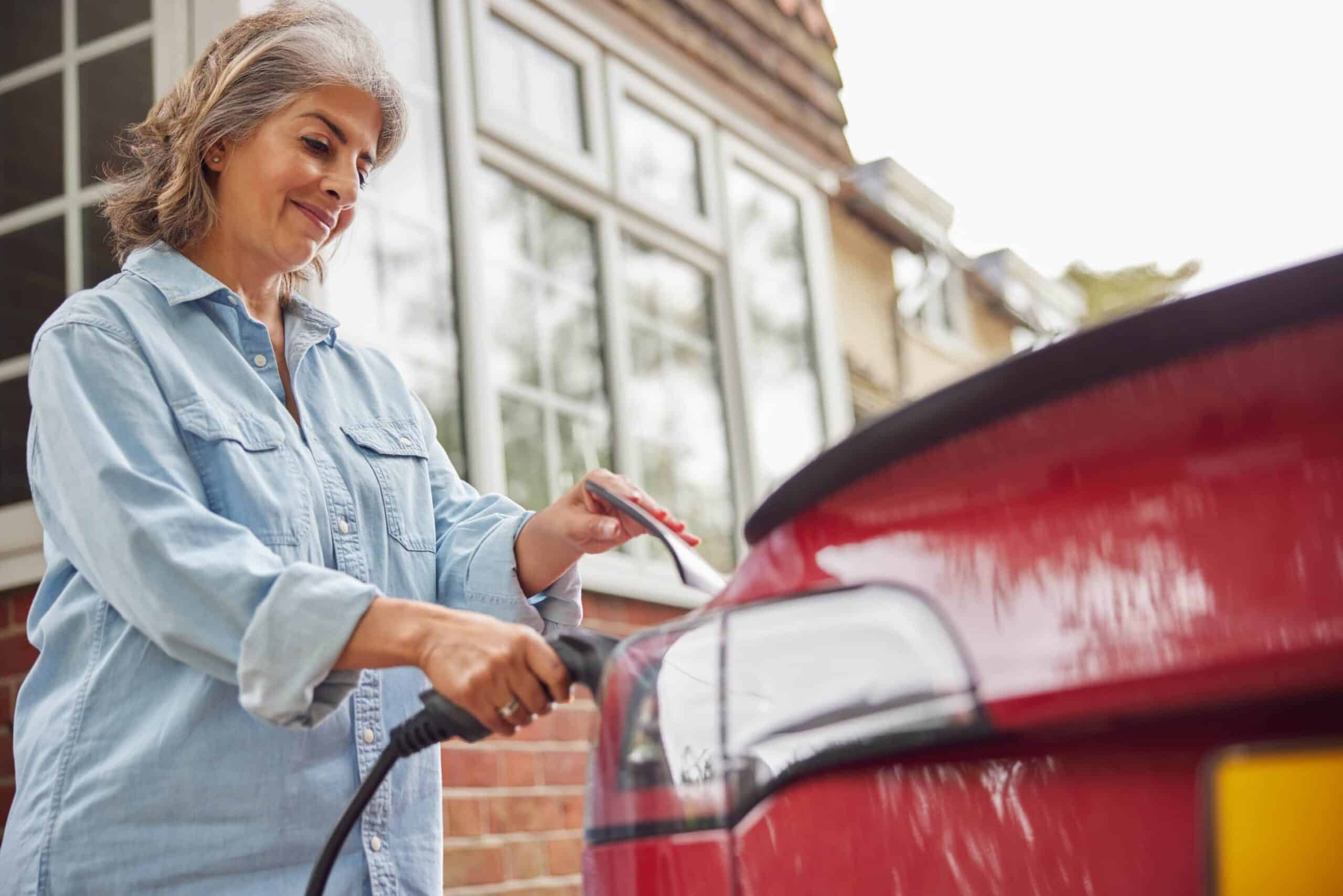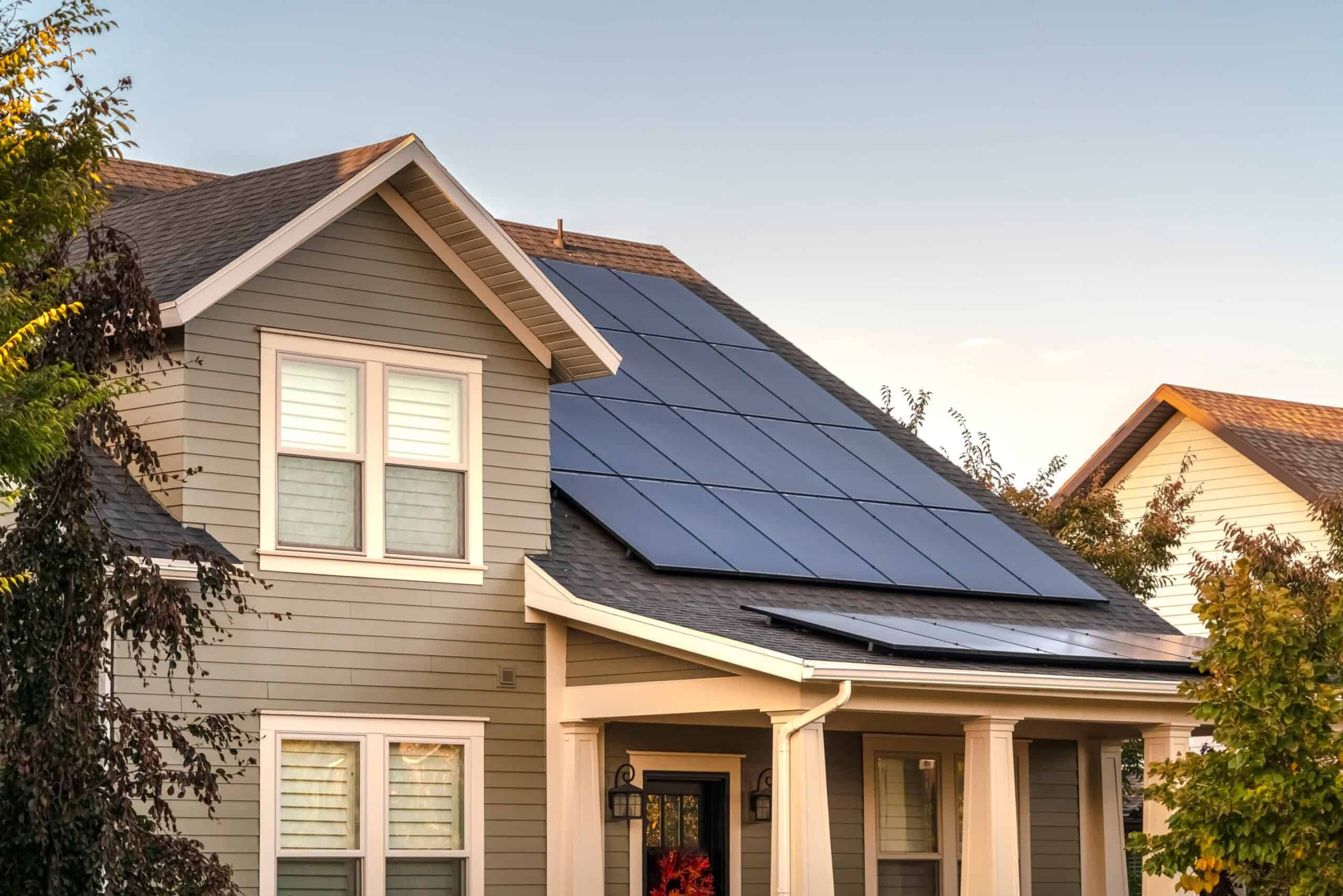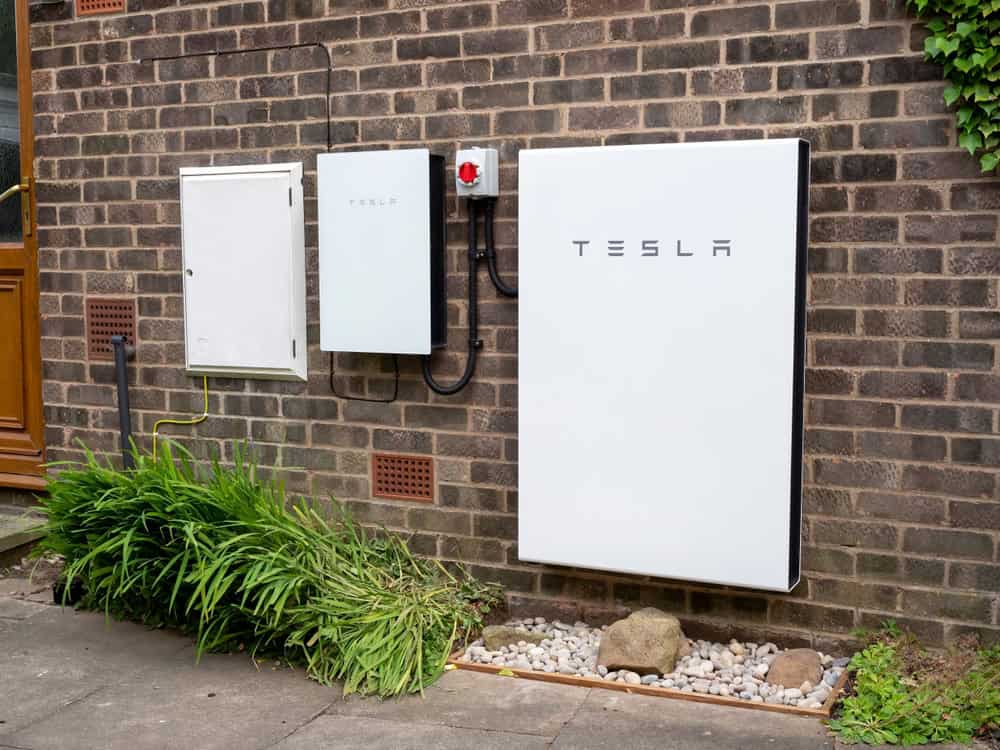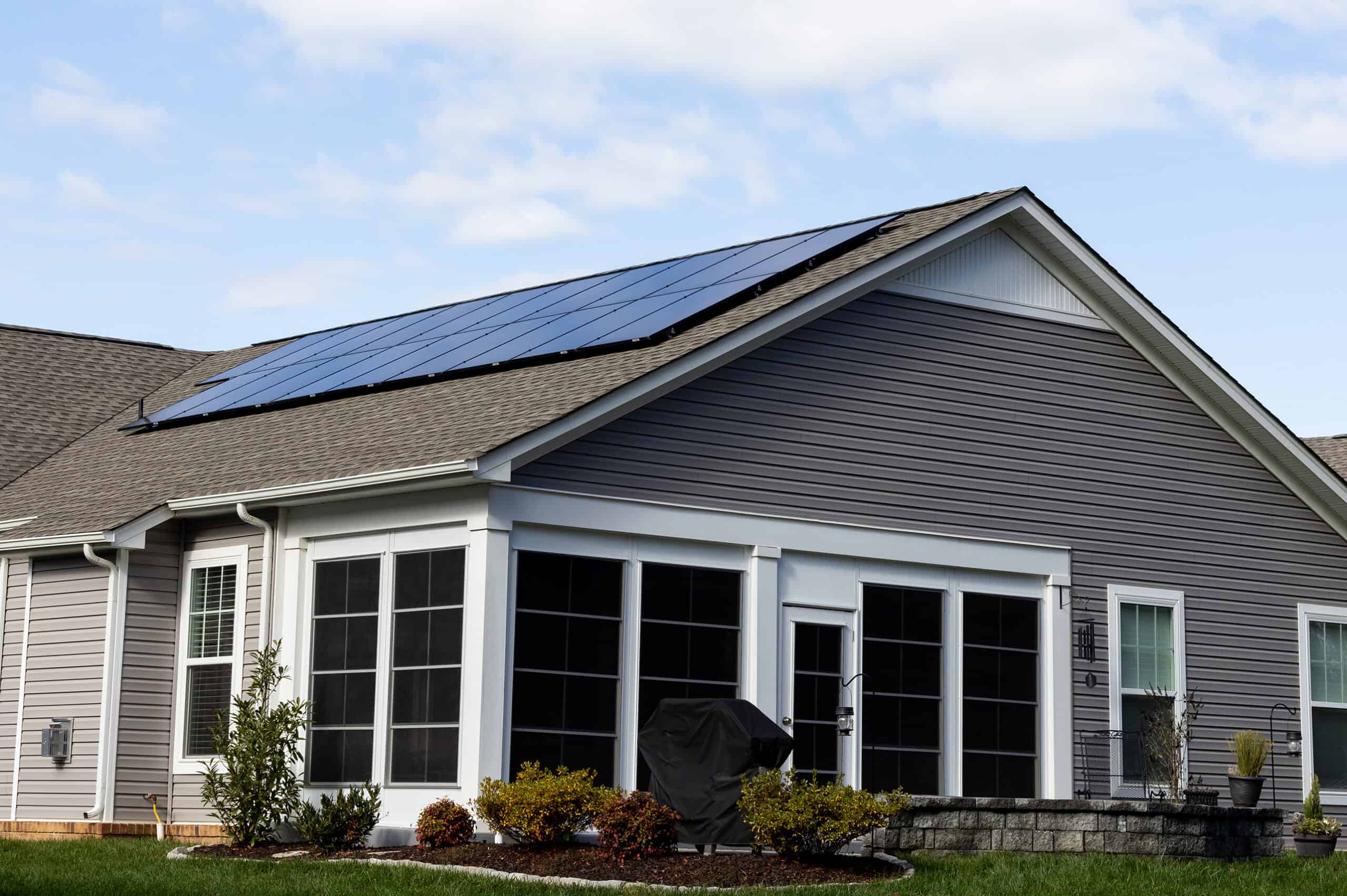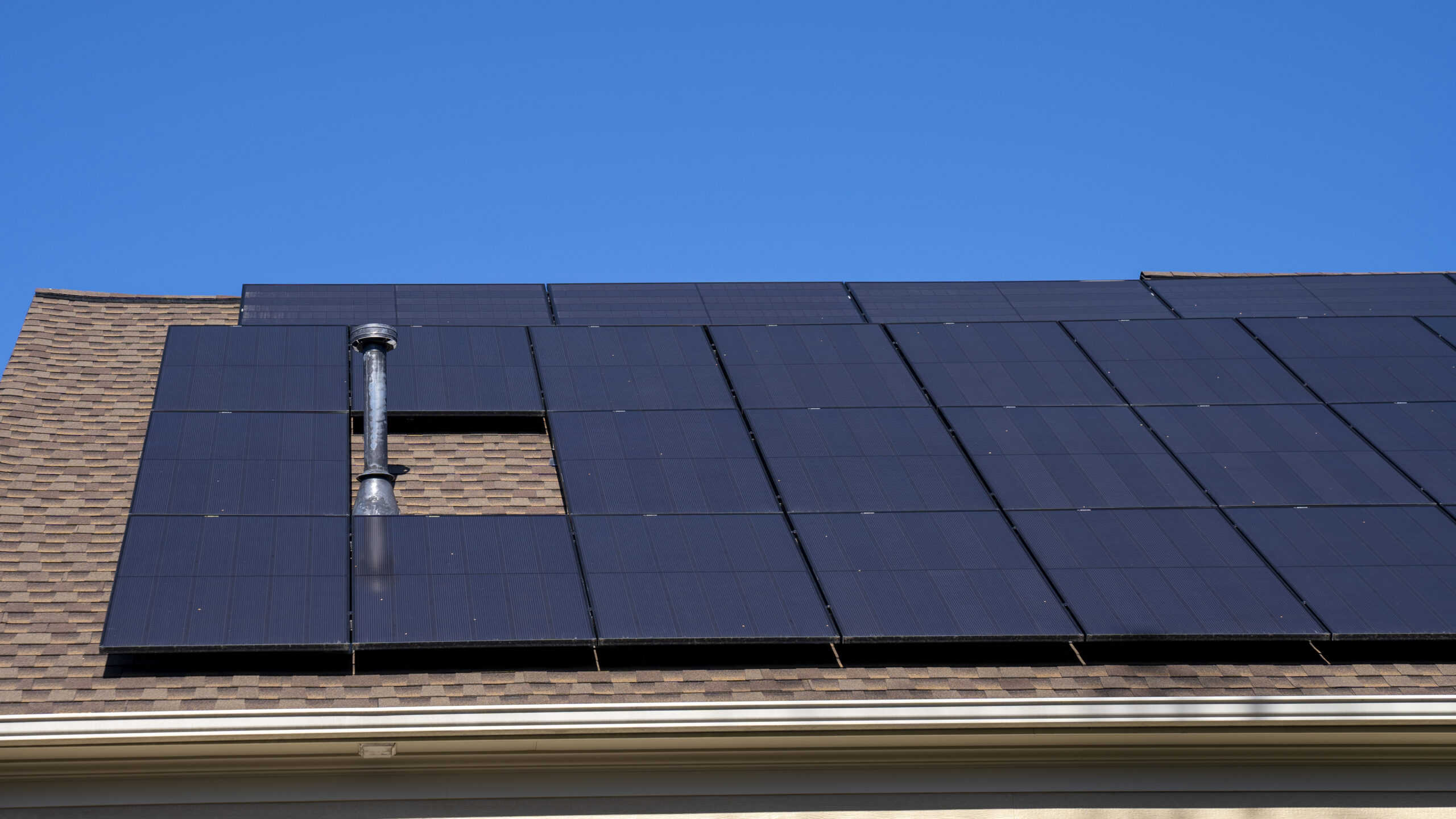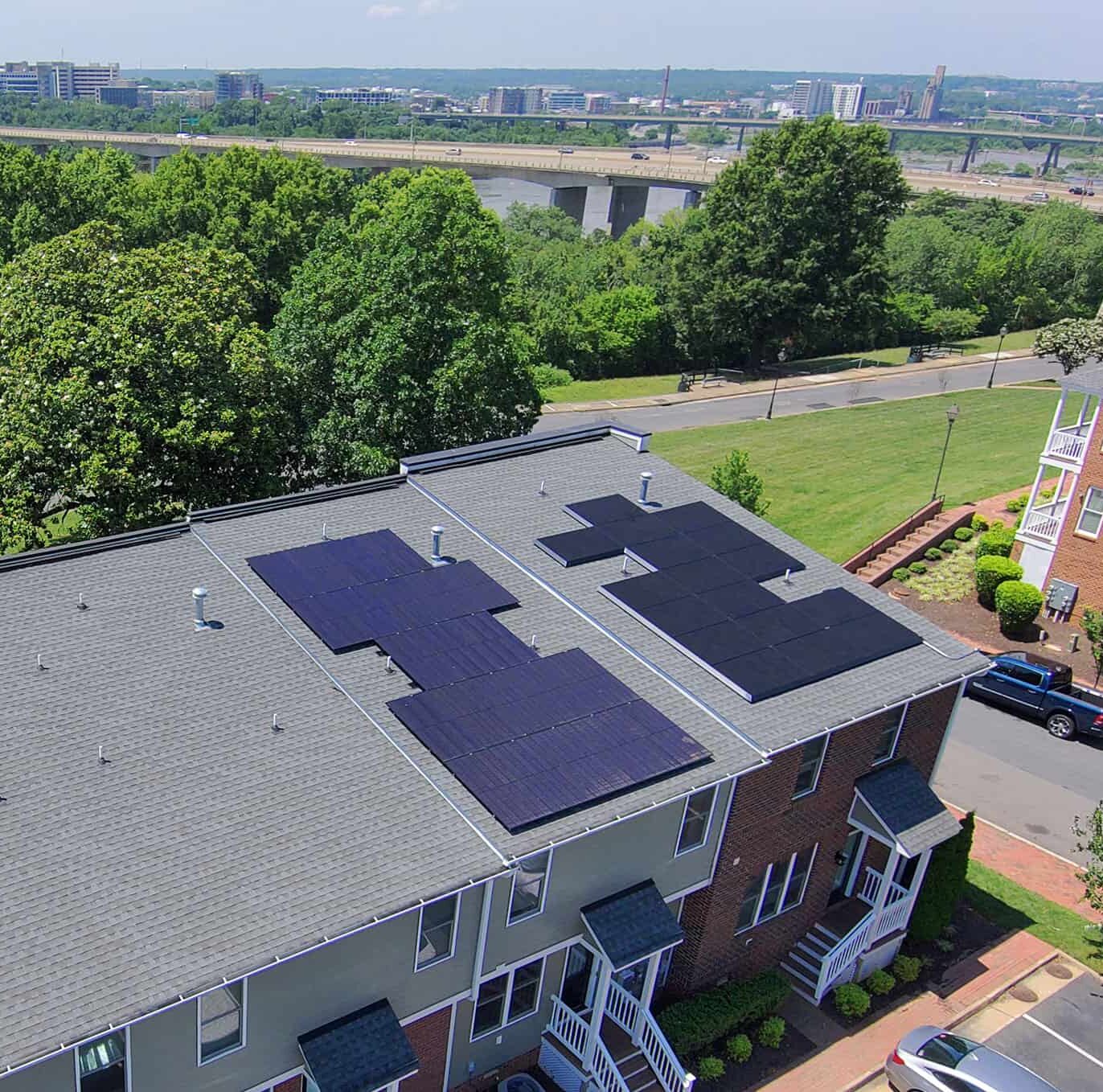How Long Will My Solar Panels Last?
It’s widely known that installing solar panels on your property is one of the best ways to help the environment. Not only that, but using solar energy can provide a return on investment thanks to their ability to generate cleaner energy for years to come.
Generally speaking, most photovoltaic solar panels can last longer than 25 years which is why Dominion Energy Solutions provide customers with a standard 25-year warranty. That doesn’t mean however, that after this time your solar panels will need to be replaced. It simply means that they may not be as efficient in generating electricity through sunlight. Keep reading to find out more about the longevity of solar panels, check solar panel degradation rates, and tips on how to make your solar panels last longer.
What Does Solar Panel Degradation Rate Mean?
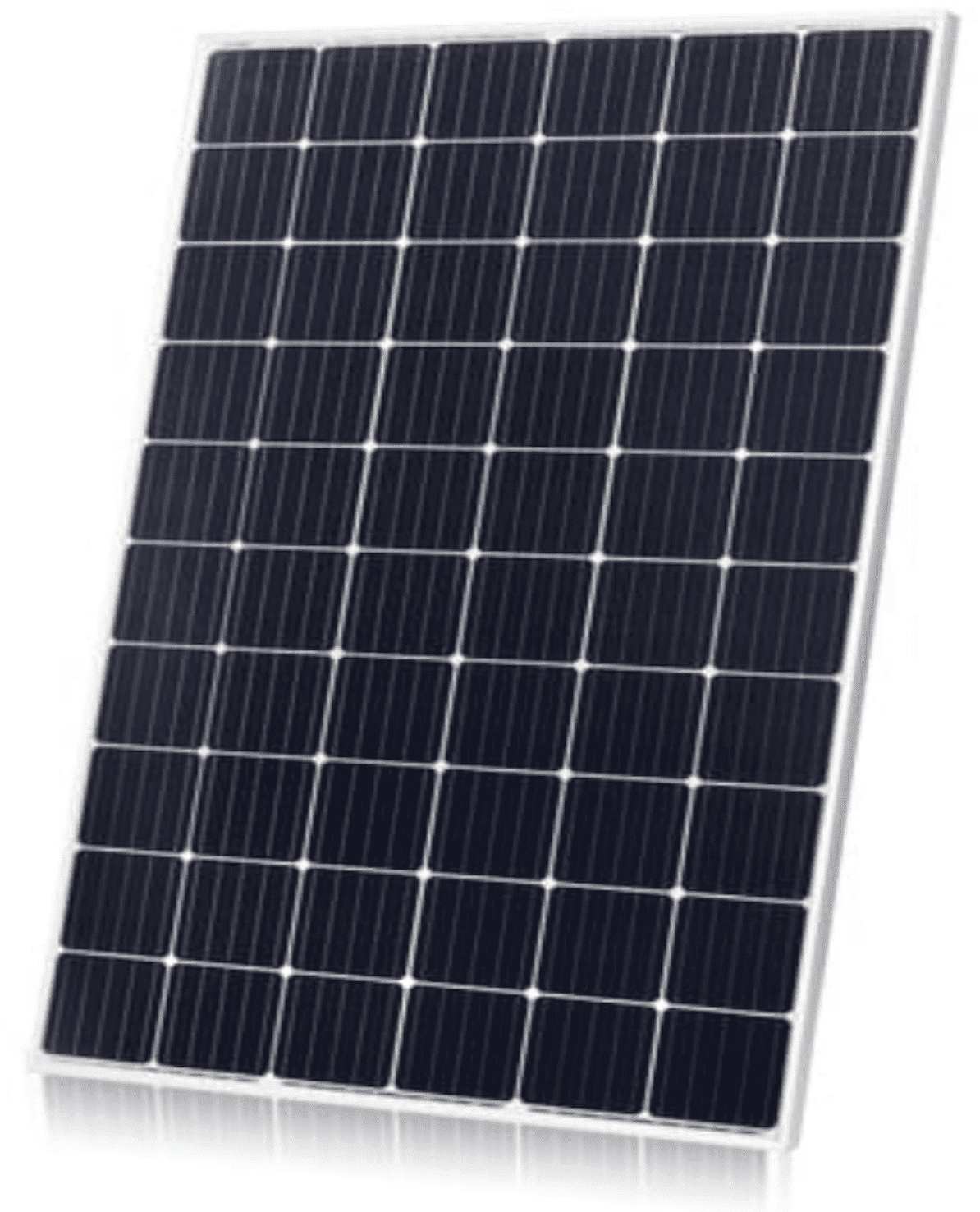
As the years pass, factors such as the increasing temperatures and a normal efficiency decline the chemicals making up the solar panels. Some of these panels can lose some of their ability to convert sunlight into energy which is commonly known as “degradation rate”.
Obviously the lower the degradation rate, the better quality of the panel. This is because the solar panel will be able to keep producing a high, consistent amount of solar energy over its lifespan.
These degradation rates can change according to different brands. Needless to say, most higher-quality panels usually have a lower degradation rate when compared to lower-quality ones. This factor is key when shopping around for a solar panel system. In the long run, it may be more beneficial to invest in higher quality panels that can last longer, even if at a higher price.
A recent study conducted by the National Renewable Energy Laboratory (NREL) study found that some of the premium solar panel brands such as Panasonic and LG have a degradation rate as low as 0.30% per year. As a comparison, the highest degradation rate is 0.80% per year, but it is important to note that on average, a standard degradation rate would be 0.50% per year.
| Panel Type | Degradation Rate | Reduction over 25 years | Amount of original output after 25 years |
| Tier 1 | 0.30% | 6.96% | 93.04% |
| Tier 2 | 0.50% | 11.33% | 88.67% |
| Tier 3 | 0.80% | 17.53% | 82.47% |
As you can see from the chart above, the majority of Tier 1 solar panels have a degradation rate of 0.30%, which means that every year, the panels reduce their performance by 0.30%. That means that after 25 years, your panels will be performing at a 93.04% capacity compared to when they are first installed. Here at Dominion Energy Solutions, we are proud to be installing Tier 1 panels for our customers.
On the other hand, if you install a Tier 2 solar panel system, their efficiency will decrease by 0.50% every year. At the end of the 25-year warranty period, they will be functioning at roughly 88.67% capacity compared to when first installed. Keep in mind that, unless your solar panels break or are defective, Tier 2 still can offer great efficiency after 25 years and beyond.
Can Solar Panels Decay?
Generally solar panels don’t have an expiration date, but with time, they can produce less energy efficiently. Some of the most common causes for panels to break are extreme weather conditions that can cause physical damage to the panels. Events such as persistent hail storms, or falling debris can cause cracks on the surface of the panels that, with time, can lead to the panel breaking entirely.
Also, extreme temperature changes can affect the solar panels materials, which can expand and contract over time. The seal protecting the panels from water can also wear off with time, causing water damage to the panels themselves.
Thankfully, the standard 25-year warranty provided by solar panels manufacturers, and standard with Dominion Energy Solutions installations, should cover weather damage. Keep in mind that you should always thoroughly inspect your warranty before committing, to ensure that you are fully covered under any weather conditions.
When Should you Replace your Solar Panels?
A good way to keep track of your solar panels efficiency is to check your energy bill prices after the 25-year period. This could often mean that your system is not functioning as efficiently as before. For most cases, this means it is time to invest in new solar panels.
Thankfully, a large number of solar companies are now offering apps or trackers that can keep an eye on how much electricity you are generating on a monthly or even daily basis. This will help you work out if something suddenly is not working correctly.
For example, if your panels are usually generating 35kWh per week and suddenly you see this decreasing to 33kWh, then further down to 30kWh, without any obvious reason such as shading/debris, then that may mean your panels efficiency may be decreasing.
If the energy generated by your panels is not sufficient for your home needs, then it may be time to replace them.
What Other Solar System Parts May I Need Replacing?
Other components such as racking, inverter and solar batteries may be breaking much easier than the panels themselves.
Racking
- Elements such as sun, rain and extreme temperatures can affect the racking system as it is what holds the panels together on the roof, making it more exposed than any other parts.
Inverter
- Usually you should change the inverter every 10-15 years, due to the fact that it is working very hard to convert the DC electricity generated into AC electricity to be used in your home. Here at Dominion Energy Solutions, we offer a 25-year warranty for all our inverters, which gives our customers extra peace of mind.
Solar Battery
- Solar batteries are a very useful tool to ensure you can store excess solar energy generated by your system. On average, solar batteries come with a 10-year warranty, as after this time they can start degrading or decrease their peak performance. As always, please check your manufacturer’s warranty before purchasing a battery.
- We recommend keeping up with regular roof maintenance as well as solar panel maintenance and replacement to ensure that your solar system is working properly and efficiently.
Is it Possible to Increase your Solar Panels’ Life?
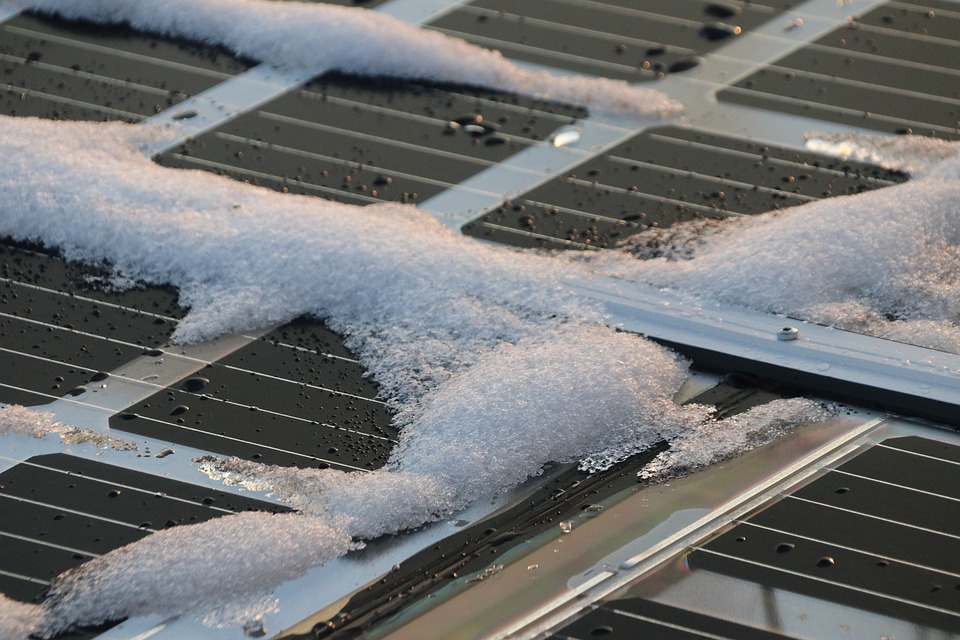
Thankfully, solar panels are fairly low maintenance, as they are able to handle weather conditions such as snow, ice and wind. It also helps that panels don’t have any moving parts, making it less likely to break down.
Although they are quite self-sufficient, we recommend keeping up with regular upkeep and maintenance to ensure you get the most out of your solar panel systems.
Here are Some Steps to Keep your Panels in Good Working Order:
- Make sure you are working with a good-quality solar installer that can routinely check the solar panels. This avoids any further problems down the line in terms of quality degradation, racking or inverter issues. If your solar system is working efficiently, so will your panels.
- Regularly wash your solar panels with water, as dust and dirt can cause microcracks on your panels surface and can break the panels if left untreated.
- Debris such as tree branches, or heavy snow should be removed as they can cause even more damage than sand or dust as they are much heavier on the panel. Obviously fallen tree branches can cause even further damage as they can break the panels, or can cause scratches and pile up on weight.
- Snow left on the panels can also freeze and create microcracks on the panels surface. It is always best to remove all kinds of debris on the panels to avoid extra pressure or potential microcracks
These simple steps can help you keep your solar panels in good working condition so they will last for several years. It is always advisable to contact your provider right away if you notice something abnormal in your panels to ensure you get it fixed right away. Keeping your panels clean can help them last longer and catch more sunlight, but rest assured that here at Dominion Energy Solutions we offer all our customers a 25-year workmanship warranty, for extra peace of mind.
Should I Replace the Panels after 25 Years?
After the 25-year warranty, solar panels will still be producing electricity, as long as they are well-kept and maintained. It is important to keep in mind that their efficiency won’t obviously be the same as when first installed.
It’s not imperative that you change your panels if:
- You can still generate enough energy to cover your electricity needs
- Your panels are not broken or faulty
You must change your panels if:
- You cannot generate enough energy to cover your home needs
- Your system was not maintained properly and several panels are broken or not functioning
We stress out the importance of working with a trustworthy and knowledgeable solar panel installer to ensure your system will last for years to come and, should a problem arise, be covered under the warranty. Solar panels, if kept and maintained properly, are meant to function well over the 25-year warranty period.
Key Points
- The majority of solar panels can last more than 25 years, and the average degradation rate is 0.50%
- Solar panels cannot ‘go bad’ really, and it is very rare for them to break or be faulty
- You must replace your solar inverters and batteries within the 25-year lifespan
- Always maintain your solar panels properly to ensure they last for years to come
- Always ensure you receive solar proposals that include lifetime savings and degradation projections for your home’s solar panel system
What about Warranties?
A reputable solar company will provide customers with energy, workmanship and panel warranties. If you’re considering adding solar panels to your home, Dominion Energy Solutions offers best-in-class warranties on all their systems. Our warranty is for 25 years from our panel manufacturers, and we offer a 10-year workmanship warranty from all our licensed installers. Additionally, we offer a 1-year production guarantee on owned systems. If your system production doesn’t match our estimates, we compensate you for the difference.
